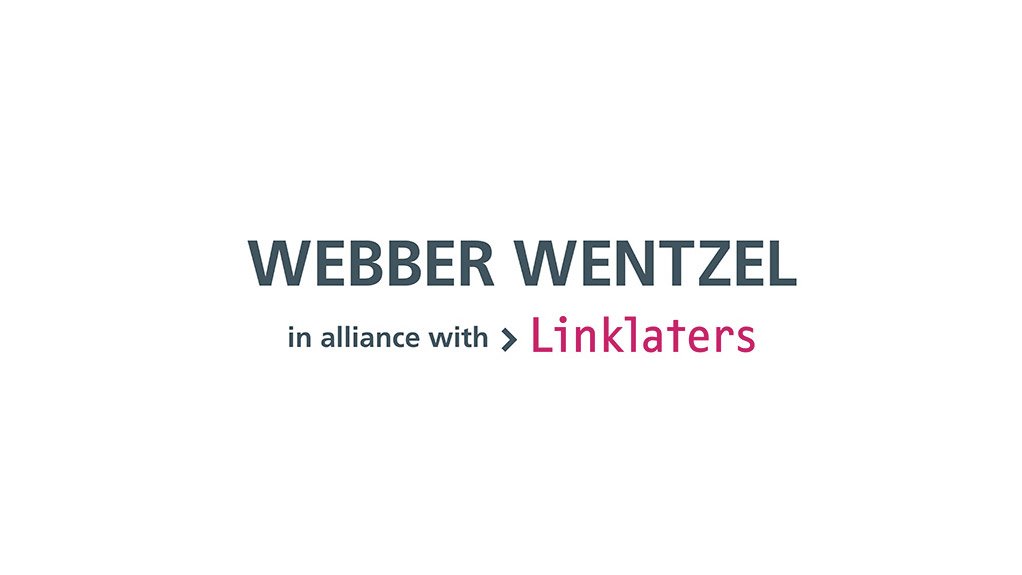The Supreme Court of Appeal (SCA) recently confirmed the law pertaining to a guarantor's liability in the case of Coface South Africa Insurance Co Ltd v East London Own Haven (050/2013) [2013] ZASCA 202.
The principle surrounding the contractors' guarantee presupposes strict payment of the guaranteed sum, in circumstances where the guarantee is unconditional and the terms triggering the guarantee have been met.
The courts have recently considered this issue in the cases of Guardrisk Insurance Company Ltd v Kentz (Pty) Ltd (92/2013) [2013] ZASCA; First Rand Bank Limited v Brera Investments CC (385/2012) [2013] ZASCA 25; and Casey v First Rand Bank Ltd (608/2012) [2013] ZASCA 131. The guarantors attempted to refer to the underlying contractual disputes to avoid making payment in terms of the triggered guarantees. On closer inspection of the aforementioned cases, the flood gates seemed to have been opened by the misinterpretation of the preceding case of Dormell Properties 282 CC v Renasa Insurance Co Ltd & Others NNO 2011 (1) SA 70 (SCA).
In Dormell the guarantee was intended to have been triggered upon cancellation of the contract. The cancellation of the contract was questioned as the guarantee expired on the day before the cancellation was issued. The court a quo dismissed the application, declaring that the guarantee was not valid on the day on which the cancellation was issued. The dispute to be ventilated between the parties was whether the contract was cancelled and whether the guarantee was in force. During an appeal to the SCA, new evidence was introduced which found that between the contracting parties, the cancellation was void as there was no default entitling a cancellation, and as such, it was decided that the guarantor need not make payment in terms of the guarantee.
It should be noted that in Dormell the reason why there existed no obligation on the guarantor to make payment, was that repayment would have to be made immediately as the cancellation was not valid. Accordingly, whether a duty existed to make payment was an academic question.
Subsequent to this decision, the strict liability of guarantors to pay was interpreted to have been relaxed, as guarantors sought to introduce contractual disputes to avoid their liability to pay and, in some instances, the defaulting contractors sought to join the litigation.
In Coface the court a quo (the South Gauteng High Court) heard a similar matter on the basis that the insurer, Coface South Africa insurance Company Ltd, was liable to pay East London Own Haven (ELOH) in terms of the contract between itself and the insured, the contractor.
The contract was allegedly breached by the insured. As a result, the insurer would be liable to pay ELOH for the guaranteed sum in terms of a contractors guarantee for the recovery of an overpayment by ELOH to the insured. The guaranteed sum would be payable on the first written demand of cancellation. The insurer contested that the insured had not breached the contract and that it was thus not liable for payment.
The court a quo referred to the Dormell matter and indicated that there was only one event which would lead to payment being made, and that was the cancellation which would be triggered where a statement of cancelation was issued. The only basis on which payment of the guaranteed sum may have been contested, would have been a term of the guarantee not being met, such as a fraudulent cancellation.
The insured applied to have its plea amended to include the argument that even though the cancellation was issued, and, as per the Dormell matter, a valid reason was provided for payment being made, it did not owe ELOH anything. This was because a certificate of balance was issued simultaneously by ELOH which reflected an amount payable to the value of "R nil" (nil Rands). The court a quo indicated that a statement of cancellation was issued and that payment thus had to be made, that ELOH could still issue a final certificate, and the fact that it had not entered such a process at that stage did not preclude it from claiming damages.
The court a quo decided that ELOH was entitled to claim damages of the amount reflected on the final certificate of its indebtedness, and that the insurer had to pay the same.
The insurer took the case on appeal to the SCA. The insurer contended that there was no valid cancellation of the contract, that the interim certificate should be deemed the final certificate, and that there was thus no payment due.
The SCA again referred to Dormell and the cases which followed it, confirming that the insurer had a duty to pay the guaranteed amount. It found that underlying disputes between the insured and ELOH on whether the contract was validly cancelled was not for the insured to debate on. It had a strict liability to make payment and could be repaid, should the matter be finalised between the insured and ELOH at a later stage.
The statement of cancellation was the trigger for the guarantee to become payable; it was issued and payment then became due.
The SCA thus confirmed the general principle relating to payment in terms of a guarantee.
Guarantors still have to pay the guaranteed sums, subject to the conditions of the contractual guarantee having been validly met, as it is the only basis on which the guarantor can contest liability.
Written by by Raizel Davidow (Senior Associate) and Mandy Ludeke (Associate), Webber Wentzel
EMAIL THIS ARTICLE SAVE THIS ARTICLE
To subscribe email subscriptions@creamermedia.co.za or click here
To advertise email advertising@creamermedia.co.za or click here











